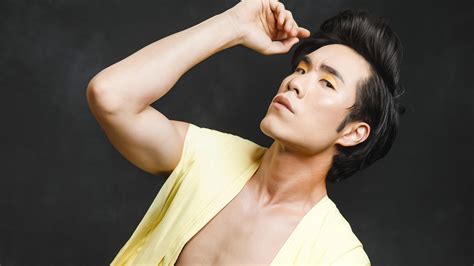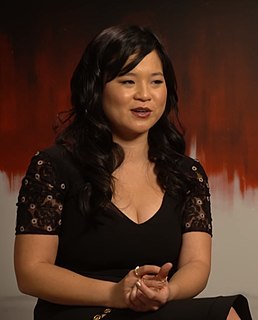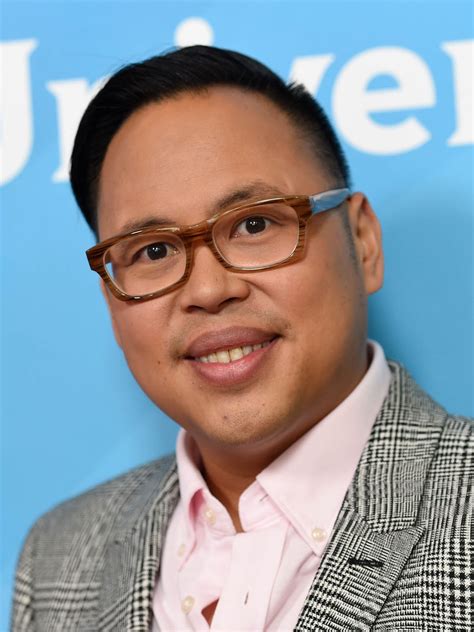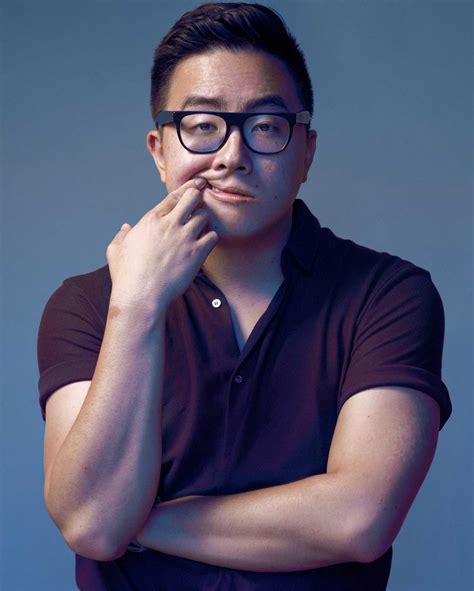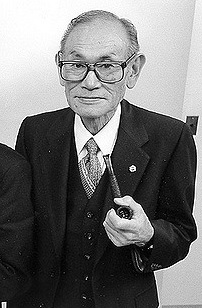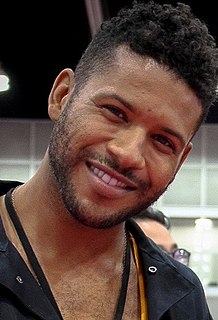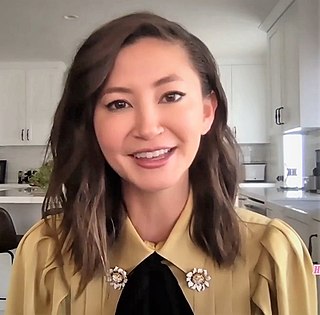A Quote by Eugene Lee Yang
I always assumed that my otherness was a curse - that I would be held back by my Asian and queer identities.
Related Quotes
Eroticism is first and foremost a thirst for otherness. And the supernatural is the supreme otherness. This is perhaps the most noble aim of poetry, to attach ourselves to the world around us, to turn desire into love, to embrace, finally what always evades us, what is beyond, but what is always there – the unspoken, the spirit, the soul.
A lot of artists I like end up being queer. Or maybe it's a subconscious thing that you can identify of, like, 'Oh this person understands the nuances of the romantic narrative of a queer person, or the social narrative of a queer person.' And then you discover, lo and behold that they are a queer person.
